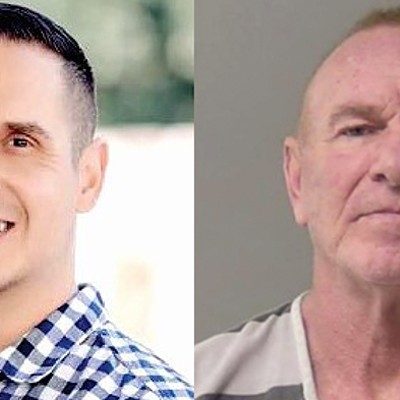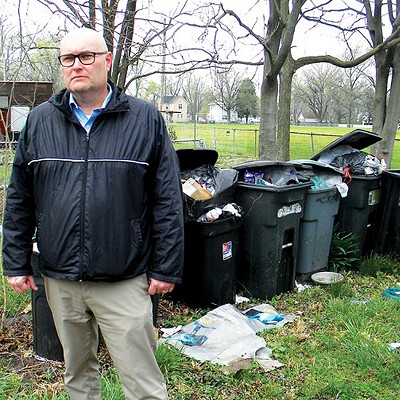One year ago this week, Hurricane Katrina nearly wiped out New Orleans, one of the oldest, most culturally rich, poorest, and, indeed, important cities in America.
In the weeks leading up to the anniversary of Katrina’s onslaught, a glut of television specials have “looked back” at and “remembered” the storm that killed 1,800 people along the Gulf Coast. Others have asked about lessons learned and tried to determine what or who was to blame for Katrina, the storm’s aftermath, and the slow pace of rebuilding efforts, particularly in the Crescent City.
Republicans have accused Louisiana Democrats — Gov. Kathleen Blanco and New Orleans Mayor C. Ray Nagin — of not acting soon enough. Meanwhile, Democrats assert that the administration of President George W. Bush was largely responsible for the magnitude of the disaster (and everyone took turns kicking former FEMA chief and Bush appointee Michael Brown).
On Tuesday, Robert Borosage, co-director of the Campaign for America’s Future, New Orleans ACORN organizer Steve Bradbury, and U.S. Reps. James Clyburn, D-S.C., and Maxine Waters, D-Calif., held a news-conference call during which they each took shots at both Nagin and Bush.
“I take no pleasure in finding out that the president was more incompetent than I thought,” says Waters when asked whether she deems Bush’s mishandling of Katrina a boon to her party’s electoral ambitions.
Shockingly immune from criticism to this point, however, have been the news media, which played a large role in bringing to light the immediate crisis on the ground — before federal officials were even aware of the magnitude of the problem, in fact. However, in the midst of the chaos, some members of the media helped, perhaps unwittingly, promulgate hurtful racial stereotypes, and others ignored the news altogether.
Race quickly came to dominate much of the discussion of Katrina and the government’s response, starting with a couple of snapshots. One captures what appears to be a white couple wading through the floodwaters after “finding” food; in the other, a black teenager is depicted as having just “looted” a grocery store.
Cable networks also devoted blocks of time to the issue of looting, referred to evacuees as “refugees,” and reported rumors of what was going on inside New Orleans’ Superdome and convention center, although initially no TV crews were allowed inside.
The media’s inert racism might best be evidenced in its treatment of Nagin, a black Democrat who at one point was registered as a Republican. Despite having confessed his screwups — such as not ordering a mandatory evacuation of the city or commandeering school buses to get people out — Nagin has become the favorite whipping boy of media elites.
Nagin drew major heat when, during an interview for 60 Minutes, broadcast on Aug. 27, he referred to Ground Zero, where the towers of New York City’s World Trade Center stood before the 9/11 attacks, as a “hole in the ground” after being asked about his city’s
hurricane-recovery efforts.
The New York-based media establishment immediately lambasted Nagin for what it perceived to be a below-the-belt jab at the nearly 3,000 victims and their families. He apologized. By contrast, Rudy Giuliani, the New York mayor at the helm during the 9/11 terrorist attacks, has largely gotten a pass from many of the same people who so gleefully take potshots at Nagin.
However, a forthcoming book by New York investigative reporters Wayne Barrett and Dan Collins, titled Grand Illusion, debunks the myth of America’s mayor, who, they say, never so much as called for a Twin Towers interagency drill.
Still, Clyburn thanked the media this week for “taking a hard look” at Katrina-related issues. Certainly, in a disaster, nobody comes away squeaky clean, least of all elected officials, and there’s always plenty of blame to spread around.
But in doing so, as Nagin suggested to his 60 Minutes interviewer, the media, too, should be fair.
Contact R.L. Nave at [email protected]




















